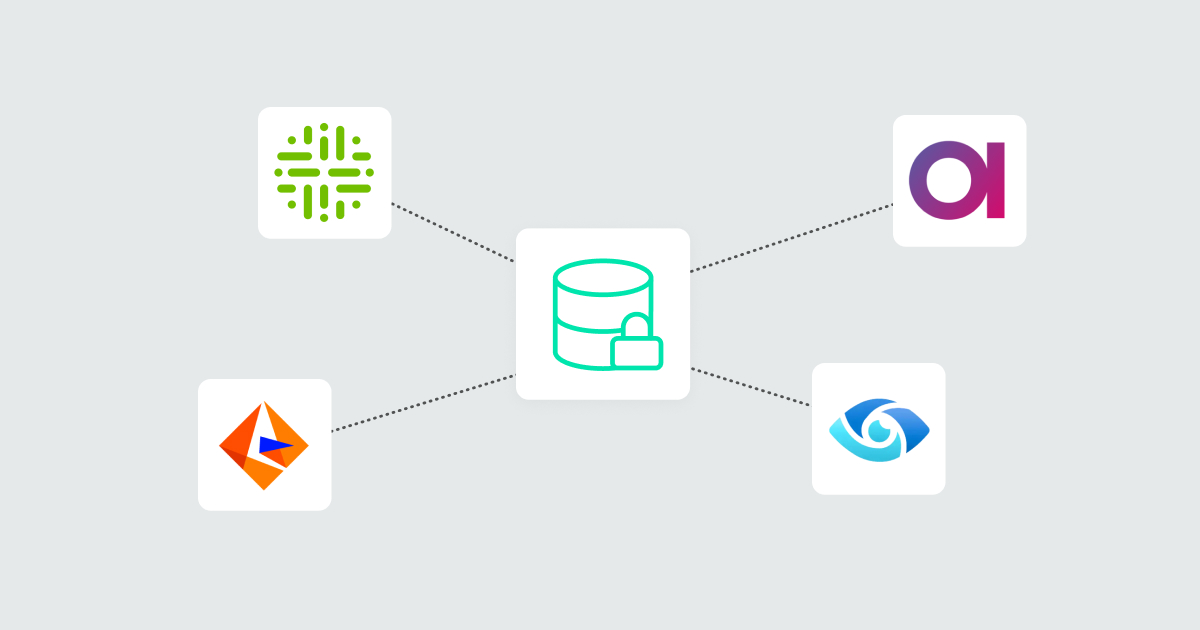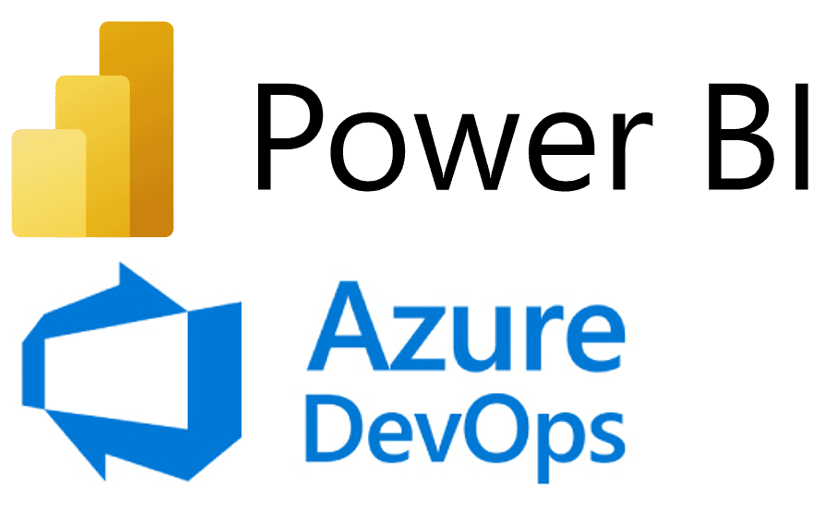Data Governance: The Key to Achieving Data Excellence

Data Governance (DG) is defined by the globally recognised organisation Data Management Association International (DAMA) as “the exercise of authority and control (planning, monitoring, and enforcement) over the management of data assets. Every organization, regardless of whether they have a formal DG function, makes decisions about their data. However, those that establish a formal DG program gain greater control and intentionality over their data processes”.
Data Governance technology providers often expand on this definition by integrating specific technical areas and features such as a data catalog, data quality, data profiling, data lineage, and issue tracking into their offerings. Nevertheless, while these definitions capture the essentials, the true value and impact of DG on day-to-day data management can sometimes remain unclear.
In essence, DG is much more than a theoretical exercise. It plays a fundamental role in driving data excellence, elevating an organisation’s ability to manage, protect, and fully leverage its data resources.
The Tangible Benefits of Data Governance
Let’s explore the tangible advantages of implementing effective DG:
Data Consumption
Total trust in an organisation’s data products, like reports and datasets, is essential to achieve a collaborative, data-driven culture within an organisation. With effective DG in place, users across departments can rely fully on the availability and quality of the data they consume. By ensuring data products are available, accessible, understandable, and of high quality, DG builds this trust and strengthens data-driven decision-making.
High availability involves preventing development and deployment issues from reaching the production environment, ensuring users do not experience any service interruptions. Easy access is guaranteed by equipping users with tools that help them to discover and retrieve existing reports built and shared by others. Being understandable means providing users with tools to clarify the business elements, logic, and data sources related to and used within each data product.
Data Management
For technical teams, DG enhances efficiency in the development, testing, deployment, and troubleshooting of data products. It enables seamless collaboration amongst developers, preventing workflow conflicts and allowing smooth code transitions across environments whilst adhering to predefined processes and approval requirements. What’s more, DG permits quick root cause analysis and effective impact assessment, assisting technical teams in tracing issues back to their source and in understanding how changes in data affect downstream processes.
For business users, DG transforms data platforms from opaque “black boxes” into transparent systems. Rather than guessing how data is connected to business elements, DG allows for clearer linkages between business data assets, such as key performance indicators (KPIs), critical data elements (CDEs) and data domains, and technical data, such as applications, tables, columns, models and reports. This transparency not only builds trust but also empowers business users to make informed decisions based on well-governed, high-quality data.
Data Operations
DG also fosters a well-structured data environment by assigning clear roles and responsibilities to all parties involved in the data lifecycle across the organisation, including data owners, data consumers, data stewards, and other data manipulators. This ensures that everyone working with the data knows how to get the most out of it whilst maintaining its integrity and quality.
Establishing roles and responsibilities, a challenging task for many organisations, becomes significantly easier and more effective when approached with the understanding that the goal is not to create a new organisational chart, but to formalise and provide proper context to existing roles already engaged with data. It is not merely a theoretical exercise; these roles and responsibilities are directly linked to specific data assets, including both technical and business-related data.
DG also fosters a unified data culture by ensuring consistency in defining, managing and using key business data assets, such as KPIs, CDEs, data policies, frameworks. and best practices across the organisation. This alignment minimises misunderstandings and errors by ensuring all departments interpret and use data consistently.
In short, business teams benefit from DG beyond data analytics and reporting. It enhances their day-to-day operational tasks, whether they’re working within transactional systems or sharing data both internally and externally. This is particularly relevant for data quality, as an effective data quality strategy ensures that high standards are maintained not just for analytics and reporting, but also for general data use across various systems and departments.
Privacy and Security
Compliance with data protection regulations, such as the General Data Protection Regulation (GDPR) and the California Consumer Privacy Act (CCPA), is a critical component of DG. Effective governance ensures that sensitive data, including Personally Identifiable Information (PII), is properly masked and protected from unauthorised access, both internal and external, in all existing environments and across all data products, including reports, datasets, tables, and columns.
Governance practices dictate who has access to data, systems and specific components within systems, safeguarding the organisation against data breaches and ensuring compliance with legal standards. Proper data governance also ensures that these privacy and security policies are applied uniformly, minimising risks and maintaining the integrity of sensitive information across all assets.
How to Successfully Implement Data Governance
Implementing DG is inherently complex, primarily because it impacts business areas and data systems across the entire organisation. Additionally, for long-term success, its organisational, functional and technical components must seamlessly integrate into the daily operations of the business teams, so a successful DG implementation hinges on delivering tangible, outcome-focused solutions that are closely aligned with real business needs.
Here at synvert we’ve developed a proven approach to ensure a successful implementation, based on robust delivery principles, frameworks, and templates. Our methodology centres on four critical areas of governance, each essential to a holistic DG policy:
Data Catalog
A well-organised data catalog is fundamental for improving visibility into your data assets. By enriching metadata with information on data ownership, classification and relationships, we can ensure that both technical and business users have a clear understanding of the context and structure of the data they are working with. This transparency builds trust in the data and means that teams can use it confidently across the organisation.
Data Quality
Data quality is at the heart of any DG initiative. By defining business rules, implementing them in the right technical data asset, and identifying the resulting data issues, we can guarantee that your data aligns with your business requirements and specific needs. Our approach focuses on uncovering the root causes of data quality issues and then implementing long-lasting solutions, thus improving the accuracy and reliability of the data and also promoting confidence in its value throughout the organisation.
Master Data Management (MDM)
MDM is key to creating a single, authoritative “golden record” for core data entities such as customers, products, and suppliers. By standardising these core entities across systems and business units, MDM promotes data consistency and reliability, meaning that all stakeholders are using accurate, trusted data, no matter where they access it.
DevOps for the Data Platform
Automating processes is essential for creating stable and reliable data systems, and with our DevOps approach, we can automate the development, testing, and deployment processes across all your data platform environments, not only reducing manual intervention but also ensuring faster and more reliable data operations, enhancing the overall efficiency and stability of your data platform as well as the robustness of your data governance initiative.
Each of these governance areas plays an important role in the seamless, long-term integration of data governance into your organisation. Focusing on actionable use cases within these defined governance domains, DG will become an intrinsic part of your day-to-day operations, driving trust, consistency, and operational excellence across all business units.
Conclusion
If you’re looking to strengthen your data governance initiatives or need assistance, synvert is here to support you. We can help evaluate your current capabilities through a data governance assessment, implement a comprehensive data governance strategy that delivers immediate business value, and set up new data governance tools like Purview, Informatica, Collibra, or Ataccama—including creating initial content and enabling users.
We also offer services in implementing data quality solutions using existing technology or specialised tools, enhancing data visibility and consistency with a data catalog or MDM solution, deploying DevOps and CI/CD solutions across all your development environments, benchmarking data governance technologies to select the best tools for your organisation, and developing an actionable data governance project plan for seamless integration into your daily operations. Contact us now to drive data excellence and achieve sustained success in data governance across your organisation.












